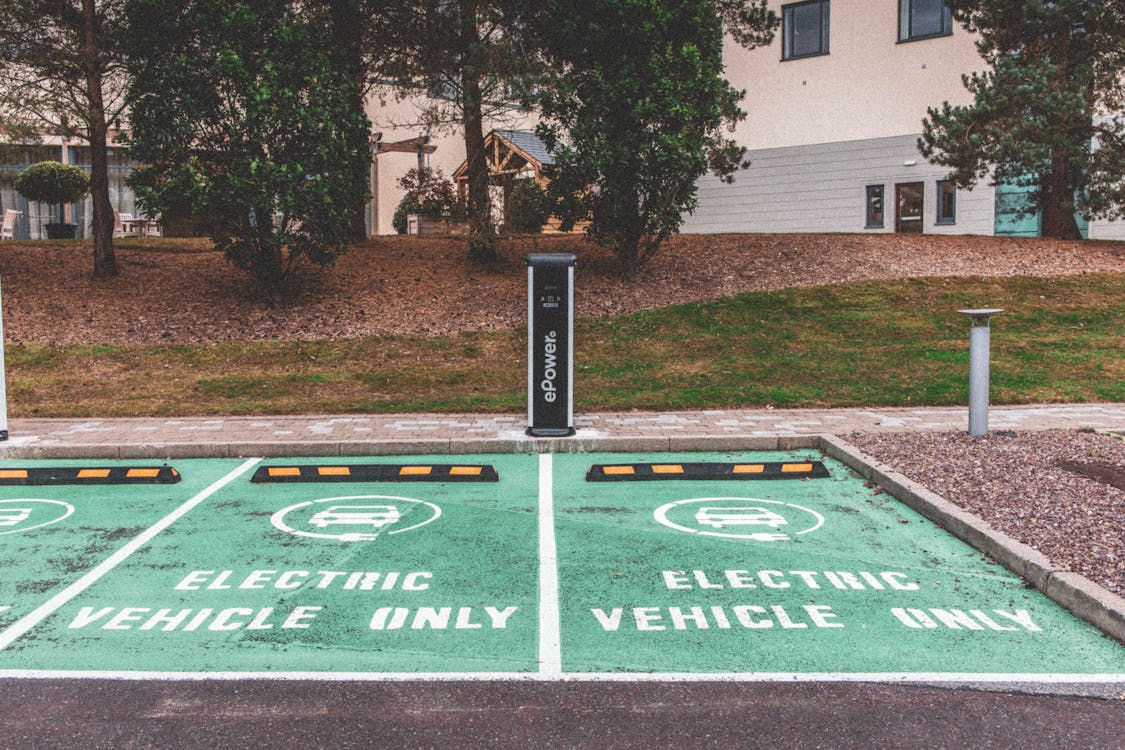Welcome to Climate Tech Pulse, your daily dose of market intelligence helping fuel the fight against climate change. From groundbreaking investments to cutting-edge research, we’re bringing you the latest in climate tech that’s shaping our future.
Don’t miss out on tomorrow’s climate solutions – subscribe now to stay ahead of the curve! https://lnkd.in/dwr7B9XJ
Today’s newsletter:
🔝Today’s Top Story: The EIC Work Programme 2025 has allocated €1.4 billion for European deep tech research and high-potential startups.
📊 Today’s Data Point: Investment in the global green energy transition will need to double to $3.5 trillion per year to meet the Paris Agreement’s 2050 net-zero emissions goal.
🌳 Climate Insider Intelligence: NTU, NUS, and Temasek Launch Singapore Climate Ventures to Accelerate Climate Tech Innovation in Southeast Asia.
European Innovation Council Boosts Deep Tech Funding with €1.4B Investment for Startups and Research in 2025
Expanded Funding and New Scale-Up Initiatives
The EIC Work Programme 2025 has allocated €1.4 billion for European deep tech research and high-potential startups, marking a nearly €200 million increase from 2024. Key initiatives include the EIC STEP Scale-up scheme, which dedicates €300 million to larger investments in strategic technologies, providing up to €30 million per company. This initiative aims to bridge Europe’s deep tech funding gap and reduce strategic dependencies by supporting digital, net-zero, and biotech innovations.
Targeted Challenges and Expanded Access for Innovators
The updated EIC work programme targets cutting-edge sectors with specific funding allocations: €120 million will support emerging technologies, such as climate-resilient crops and autonomous robots, while €250 million goes to early-stage companies in generative AI, agritech, and space. Additionally, the EIC expands Business Acceleration Services for widening countries, increasing access for startups in regions with lower innovation performance.
Comprehensive Funding Framework for Breakthroughs
The 2025 programme organizes funding into EIC Pathfinder (€262 million for early-stage R&D), EIC Transition (€98 million for translating research into commercial opportunities), and EIC Accelerator (€634 million for scaling market-ready solutions). Each scheme aligns with the EIC’s mission to drive European innovation, complemented by equity funding from the STEP Scale-up scheme for critical technology startups seeking substantial co-investment. Read More
Market Movers
- The EPA has awarded the Port of Oakland $322 million, its largest Bay Area port emissions reduction grant, to fund nearly 100% zero-emission cargo operations and decarbonize the region’s supply chain in collaboration with local stakeholders and community groups. Read More
- The DOE announced $149.87 million for 67 clean energy projects at federal facilities, leveraging private and federal funds for a total $1.6 billion investment to advance cost-effective, low-carbon technologies and support the Biden Administration’s goal of net-zero emissions in federal buildings by 2045. Read More
- Innovate Alabama is investing $1 million in Johnson Energy Storage, a Tuskegee-based solid-state battery startup founded by former NASA engineer Lonnie Johnson, as part of its InvestAL program to boost high-growth startups in underserved Alabama communities. Read More
Innovation Spotlight
- Rice University researchers have developed a modular electrochemical reactor that could significantly lower energy costs for direct air capture, potentially making carbon capture more scalable and practical for diverse industries. Read More
- Researchers from the U.S. and Italy have identified a fast-growing, CO2-absorbing cyanobacteria strain, “Chonkus,” from volcanic ocean vents, which shows promise for carbon sequestration and biomanufacturing applications due to its dense growth and natural sinking tendency. Read More
Today’s Climate Data Point
Investment in the global green energy transition will need to double to $3.5 trillion per year to meet the Paris Agreement’s 2050 net-zero emissions goal, according to a new report by Wood Mackenzie.
Key Findings:
- Investment Gap & Pressure Points: Despite ambitious climate targets, global efforts are lagging due to rising concerns over energy security and growing trade barriers that are slowing electrification worldwide.
- Progress on Paris Agreement Targets: No major country, and only a small number of companies, are on track to achieve the climate goals set for 2030 under the Paris Agreement, highlighting a significant risk in meeting global net-zero objectives.
Why It’s Important
Global climate experts emphasize that strong, nationally determined contributions (NDCs) and enhanced global cooperation are essential for mobilizing the $3.5 trillion investment needed for the transition. Without overcoming these challenges, even more substantial funding will be necessary for both climate mitigation and adaptation measures.
By the Numbers:
- Renewable Power Growth: The share of solar and wind power in the global energy mix is forecasted to increase to between 25% and 36% by 2030, up from just 4.5% in 2015 and an expected 17% by the end of 2024.
- Gas Demand Forecast: Demand for natural gas shows a highly variable outlook, with a possible 11% increase by 2050 if global warming is limited to 2.5°C. In contrast, demand could decrease by as much as 47% in a scenario that aims for net-zero emissions.
Key Quote:
“A string of shocks to global markets threaten to derail the progress in a decade pivotal to the energy transition,” stated Prakash Sharma, vice president and head of scenarios and technologies for Wood Mackenzie. “However, there is still time for the world to reach net-zero emissions by 2050 – provided decisive action is taken now.”
Context
The shift from fossil fuels to renewable energy in electricity generation is essential to limit global warming to the Paris Agreement target of 1.5°C. While renewable power capacity has surged in recent years, it is still not advancing quickly enough to substantially reduce the share of fossil fuels in the energy mix.
Climate Insider Notes: As countries navigate a challenging decade for the green transition, the latest data underscores the urgency of aligning investment and policy goals with climate targets. Ensuring accelerated renewable power adoption, managing gas demand, and mitigating trade barriers are key focus areas for policymakers aiming to secure a sustainable path to net-zero emissions. Read More
Climate Insider Intelligence: NTU, NUS, and Temasek Launch Singapore Climate Ventures to Accelerate Climate Tech Innovation in Southeast Asia
The new Singapore Climate Ventures (SGCV) programme, launched by NTU, NUS, and Temasek with support from Breakthrough Energy, is propelling Southeast Asia’s climate tech scene forward. This 10-week accelerator, begun in August 2024, equips NTU and NUS participants with essential commercialization skills and global climate expertise. At SGCV’s inaugural Demo Day, six pioneering teams pitched their solutions to investors, spotlighting innovative projects like Hydrotech Solutions’ green hydrogen production and Carbonsynk’s carbon-capture method using enhanced rock weathering. Discover how SGCV is positioning Singapore as a climate tech hub and catalyzing the region’s shift to net-zero. Read More





